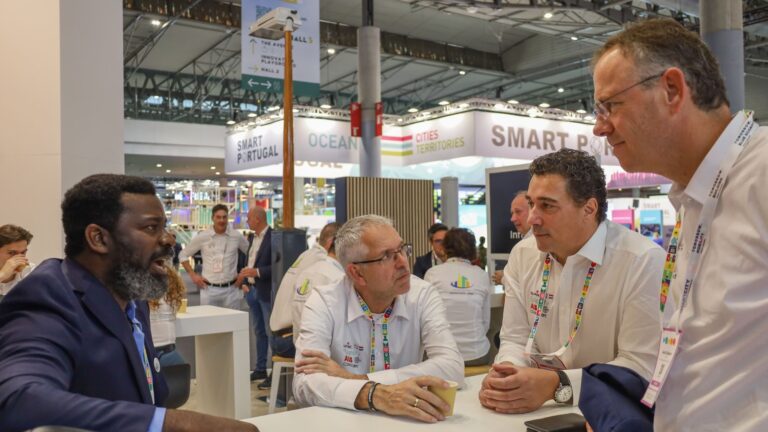From fragmentation to structure: CHAMP helps scaling climate action across all levels
The 2nd CHAMP UNFCCC Focal Point Dialogue provided a platform for national government endorsers and their strategic partners to assess progress and guide CHAMP’s implementation toward COP30.












